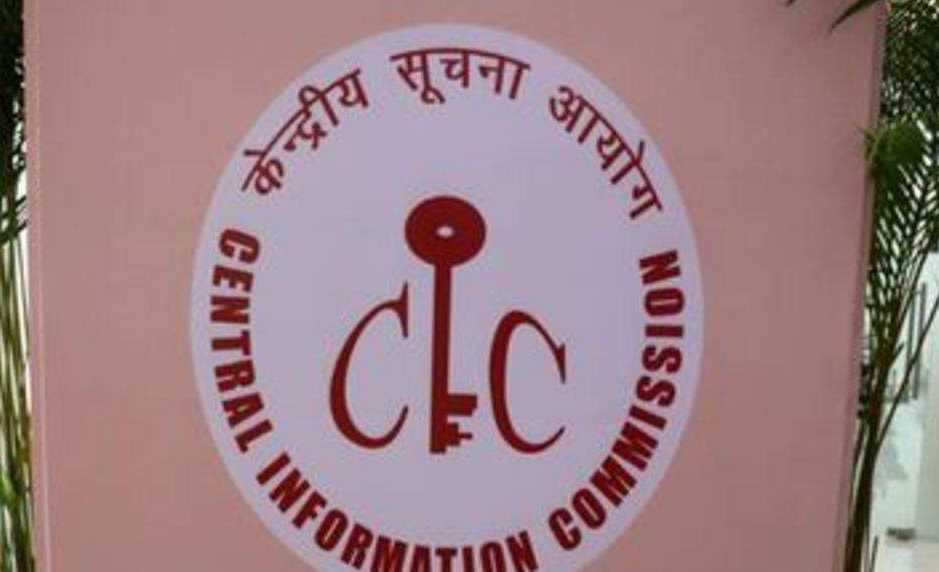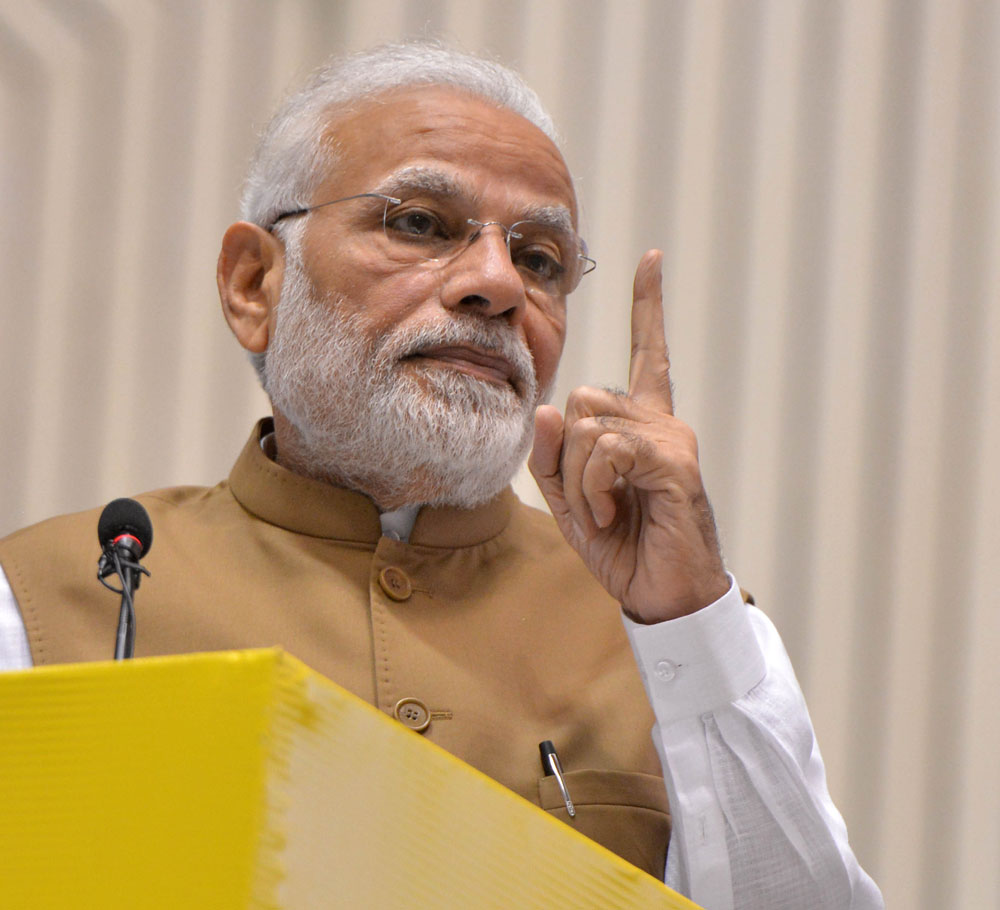The Supreme Court heard on Tuesday that the Centre had violated provisions of the Right to Information Act by appointing commissioners who had not even applied for the posts.
A bench headed by Justice A.K. Sikri took on record the affidavit filed by RTI activist Anjali Bharadwaj and adjourned the matter by a week to enable the Centre and the states to submit comprehensive status reports on the filling of vacant posts.
In December the top court had directed the Centre and the states of Bengal, Andhra Pradesh, Odisha, Telangana, Maharashtra, Gujarat, Kerala and Karnataka to file status reports mentioning the steps taken to fill up the vacant posts of information commissioners and also the manner in which the governments planned to hire.
The court had passed the directions on a PIL jointly filed by Bharadwaj, Lokesh Batra and others alleging that a large number of vacancies in the Central Information Commission (CIC) and the state information commissions showed that the governments wanted to throttle the functioning of the RTI Act, which was not good for democracy as the main purpose behind the legislation was to ensure transparency.
On Tuesday the petitioners complained that the Centre had issued a notification dated January 4, 2019, on the website of the department of personnel and training and in some newspapers inviting applications for four vacant posts in the CIC.
They alleged that the advertisements were not in keeping with the provisions of the RTI Act, 2005, as they stated that “the salary, allowances and other terms and conditions of service of the Information Commissioners shall be as may be specified at the time of appointment of the selected candidate”.
According to the petitioners this is at variance with the provisions of the RTI Act that specifies the terms and conditions of service of information commissioners of the CIC. Sub-sections 2 and 5 of Section 13 of the RTI Act define the tenure and salaries and allowances payable to the chief information commissioner and the information commissioners at the CIC.
“As per the said section, ‘every Information Commissioner shall hold office for a term of five years from the date on which he enters upon his office or till he attains the age of sixty-five years, whichever is earlier, and shall not be eligible for reappointment as such Information Commissioner’,” the PIL said.
“13(5) says ‘the salaries and allowances payable to and other terms and conditions of service of — (a) the Chief Information Commissioner shall be the same as that of the Chief Election Commissioner; (b) an Information Commissioner shall be the same as that of an Election Commissioner’,” the petition added.
According to the petitioners the Centre had deliberately worded the advertisements vaguely by not specifying the tenure and salaries to undermine the selection process.
“It would be unreasonable to expect people of eminence to apply for a post without knowing the terms and conditions of service,” the petitioners contended.
The petitioners also alleged that some of the four commissioners appointed by the Centre had not applied for the post.
The petition said the Centre did not upload the list of shortlisted candidates during the process of appointment.
“…The search committee acted arbitrarily and beyond the mandate to selectively shortlist individuals who had not even applied… Therefore, the shortlisting of persons who had not applied is illegal. In the case of the Chief Information Commissioner, 5 people were shortlisted, 4 of whom had not even applied. While for information commissioners, 14 persons were shortlisted of which 2 had not even applied for the post…. One such individual has been appointed as an information commissioner… Further, minutes of meetings do not record the rational criteria on the basis of which names were shortlisted,” the petitioners stated.
The petitioners alleged that Bengal had failed to inform the Supreme Court about the number of vacancies at the state information commission.
Quoting statistics available on the website of the Bengal information commission, the petition said several matters filed more than 10 years ago were heard in 2018. The petition alleged that it would take two years to clear the backlog and also the matters filed in the intervening period if the commission continued to dispose of cases at the current rate — 4,500 a year.
Such long waiting periods defeat the purpose of the RTI Act, which is to ensure information disclosure in a time-bound manner, the petitioners said.
The Andhra Pradesh commission website shows that the panel has been defunct since May 2017, the petitioners said. No appeals or complaints had been heard since then. On the web portal of the Andhra government details such as the names of search committee members and shortlisted candidates and the selection criteria could not be located, the petitioners said.
Information submitted by the Telangana commission on affidavit shows that on average it disposes of about 2,000 matters annually, the petitioners said. If the commission functions at the same rate, it will take six years to just dispose of the 11,762 cases that are pending as on December 2018. Nine posts of information commissioners are vacant.
The petitioners said that on the website of the Maharashtra general administration department no details regarding names of search committee members and shortlisted candidates and the selection criteria could be located. Two posts of information commissioners are vacant and 42,000 cases pending.
In Gujarat nine posts of information commissioners are vacant. The commission was functioning with one chief and one commissioner as of January 21, 2019. Nearly 5,200 cases are pending. Although advertisements for appointments were issued nearly two years ago, no appointments had been made.
In Kerala five posts of state information commissioners are lying vacant because of the pendency of some writ petitions in the high court.
In the affidavit filed on behalf of the Karnataka government it is mentioned that one post of state information commissioner is vacant and that an advertisement had been put out seeking applicants. However, Karnataka High Court has stayed the appointment process now.













